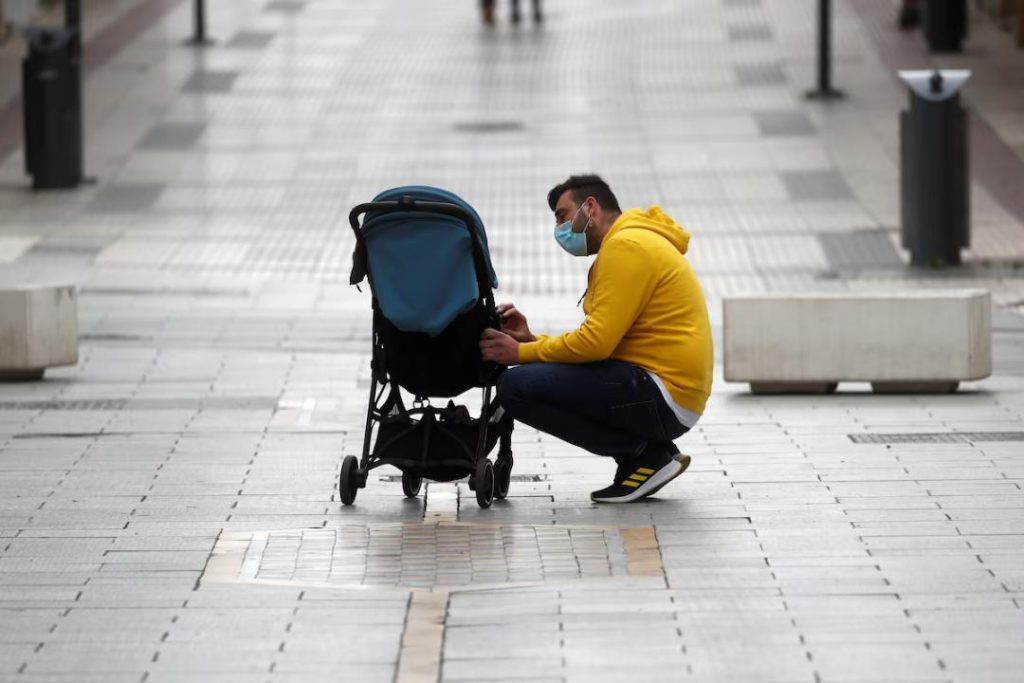
Spain to Offer 17 Weeks of Parental Leave to Both Mothers and Fathers
In a significant step towards promoting gender equality and supporting new parents, Spain has announced plans to extend its parental leave policy to 17 weeks, with both mothers and fathers eligible for fully-paid leave. This move is expected to benefit thousands of families across the country and cement Spain’s position as one of the most progressive countries in Europe when it comes to parental leave.
As of July 2025, new parents in Spain will be entitled to 17 weeks of fully-paid leave, with the additional week being given to fathers. This is a significant increase from the current 16 weeks of leave, which is already one of the most generous in Europe. The new policy is expected to come into effect in the coming months, pending parliamentary approval.
Spain is not the only country in Europe to offer equal parental leave to both mothers and fathers. Finland is the other EU country that offers fully-paid birth leave to both parents, although the duration of the leave varies between the two countries. However, Spain’s decision to extend its parental leave policy is still a significant step forward, given the challenges many new parents face in balancing work and family responsibilities.
The decision to increase parental leave is part of Spain’s efforts to promote gender equality and combat the gender pay gap. According to the World Economic Forum, Spain has a gender pay gap of around 19%, which is significantly higher than the EU average. The government hopes that the extended parental leave policy will help to address this issue by providing both mothers and fathers with more time to care for their new babies and reduce the pressure on mothers to take on the bulk of childcare responsibilities.
The move has been welcomed by women’s rights groups and trade unions, who have been campaigning for years to improve Spain’s parental leave policy. “This is a huge step forward for gender equality in Spain,” said a spokesperson for the Spanish Federation of Women’s Organisations. “We have been fighting for this change for years, and we are thrilled that the government has finally listened to our demands.”
The extended parental leave policy is also expected to have positive effects on the economy. Research has shown that when both parents are able to take time off work to care for their new babies, it can improve productivity, reduce turnover rates, and increase employee satisfaction. This can lead to a range of benefits for businesses, including reduced recruitment costs and improved customer service.
The government has also highlighted the benefits of the extended parental leave policy for the environment. With more parents taking time off work to care for their new babies, there is likely to be a reduction in the number of cars on the road and a decrease in carbon emissions. This is a significant concern in Spain, which has been struggling to meet its EU-mandated targets for reducing greenhouse gas emissions.
The decision to extend parental leave has also been welcomed by business leaders, who see it as a way to attract and retain top talent. “This is a great move for Spain and for businesses,” said the CEO of a major Spanish company. “We know that our employees are our greatest asset, and by providing them with more time off to care for their families, we are showing that we value and support them.”
In conclusion, Spain’s decision to offer 17 weeks of parental leave to both mothers and fathers is a significant step forward for gender equality and family-friendly work policies. The move is expected to benefit thousands of families across the country and cement Spain’s position as one of the most progressive countries in Europe when it comes to parental leave. As the government continues to work towards its goal of reducing the gender pay gap and promoting gender equality, this decision is likely to be a major factor in achieving those goals.
Source:



